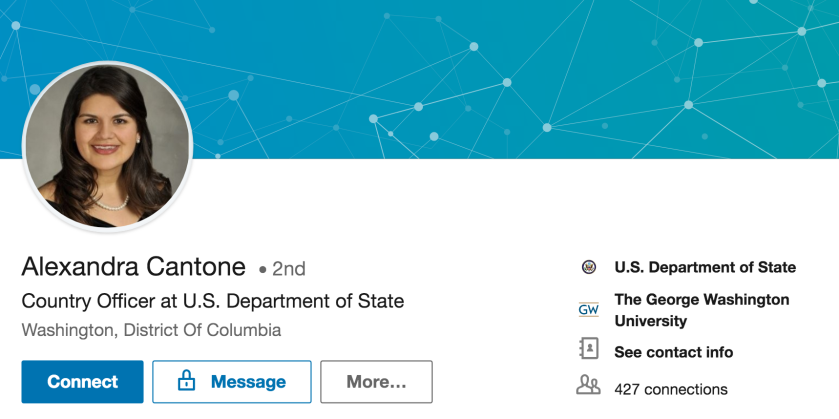By: Kiara Hines, Career Development Graduate Apprentice

The year was 2015. I had just finished my sophomore year of undergrad at Western Carolina University, and I was in the midst of a mid-college crisis. At the time, I was a Forensic Science major with a concentration in Chemistry and had a clear set goal to either go to pharmacy school or get a Masters in Drugs and Toxicology. However, my excitement for the program quickly fizzled as the classes became more difficult. I started to wonder if I had made the right decision and spent my entire second year debating on whether or not I would continue in my major. I was afraid to jump into another program because I went into college with the mindset many students have: you must graduate with the major you go in with. Additionally, I had placed so much focus on Forensic Science in high school that I didn’t believe there was another program for me. I was quickly finding that I needed to go back to the drawing board because I did not feel fulfilled in any of my chemistry classes and was beginning to question my purpose in college.
I began researching programs that spoke to my interests, including Music, Communications and Psychology. However, none of them struck a chord with me and felt “right.” I expressed my concerns with a close friend who had also begun her undergraduate career as a Forensic Science major and recently changed to Social Work. She spoke highly of the program and believed that I would love it just as much as she did. The only knowledge I had of social work was from my cousin, who had worked at the Department of Social Services in my hometown for 14 years in the foster care division. I figured it wouldn’t hurt to at least explore the option, so I asked my friend if I could sit in on one of her classes. As cliché as this may sound, I knew I had found my place in social work and proceeded to make an appointment with an academic advisor to change my major.
The stigma revolving around changing majors is often what keeps students from pursuing alternative programs. Family and friends can play a major role in perpetuating this notion as well. Thankfully, I did not experience the added stress of having to live up to expectations that others created for me and was supported in my decision to choose a program that genuinely made me happy, even if it meant not graduating on time. I believed staying in undergrad a little longer in a program I enjoyed would be more beneficial than graduating early just for the sake of obtaining a degree, and it was.
It can be scary to feel as though you’re starting from scratch, but it is all worth it if it gets you where you want to be. As the saying goes, great things take time.





